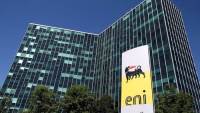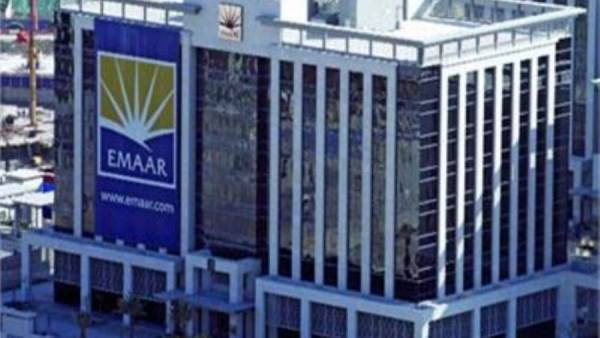Manufacturers' Association: Consumer protection decision will not stop "Over-Price" cars

Eng. Khaled Saad, Secretary General of the Egyptian Automobile Manufacturers Association, commented on the Consumer Protection Agency’s decision that obliges car dealers to disclose the details and prices of cars, with the aim of eliminating the “overprice” phenomenon of manipulating the prices of new cars. The consumer protection decision is scheduled to enter into force on November 15, and from that date all car showrooms and distributors will be obligated to indicate car prices, including tax, and whoever violates will be charged with a fine of up to two million pounds in some cases. Saad said in a statement to the "Arabity" program broadcast on Radio Egypt, that the advanced consumer protection decision came at its time, stressing that it will significantly reduce the "over-price" phenomenon, but it will not eliminate it. He added that obligating workers in the car trade sector to disclose and prove the price of the car in the reservation receipt and to determine the date of receipt, will greatly control the rhythm of the market. The Secretary of the Manufacturers Association explained that the inability of the consumer protection decision to completely get rid of over-price is due to factors, most notably that international prices are changing rapidly, and therefore the brand agent will not be able to adjust prices during the 3-month import cycle. He pointed out that controlling the market through the consumer protection decision would return to the state treasury part of the wasted taxes that merchants were collecting due to the failure to prove the value of the over-price in sales invoices. He pointed out that the traders will abide because if they abstain, they will be fined, but if they stop selling as a kind of opposition to the decision, this will cost them big losses because they will stop the capital cycle. Raafat Masrouga, the honorary president of the Automobile Market Information Council (AMIC), had confirmed that the over-price is a breach of commitment in the contracts between the manufacturer, the agent and the distributor. The contracts stipulate that in the event of manipulation or non-compliance with the agreed price sent to distributors by the parent company, the latter has the right to intervene in this case and impose fines on the local agent. Masroujeh said in televised statements that a segment of consumers agree to buy with "over-price", which is classified under the umbrella of the informal economy. According to the head of “AMIC”, the most expensive price in the Egyptian car market reached astronomical and terrifying numbers, ranging on average between 5 to 250 pounds in some brands, especially in the wake of the electronic chip crisis, one of the repercussions of the Corona pandemic. He stressed that this phenomenon has no reason at present and has no equal in the whole world, stressing that the most expensive in other markets is limited to used cars, which is a free market subject to the policy of supply and demand. He called on importers who do not have the ability to compete in the Egyptian market and resort to distributors to increase profits, asking them to withdraw from the automotive sector so that they are not a game controlled by distributors.










